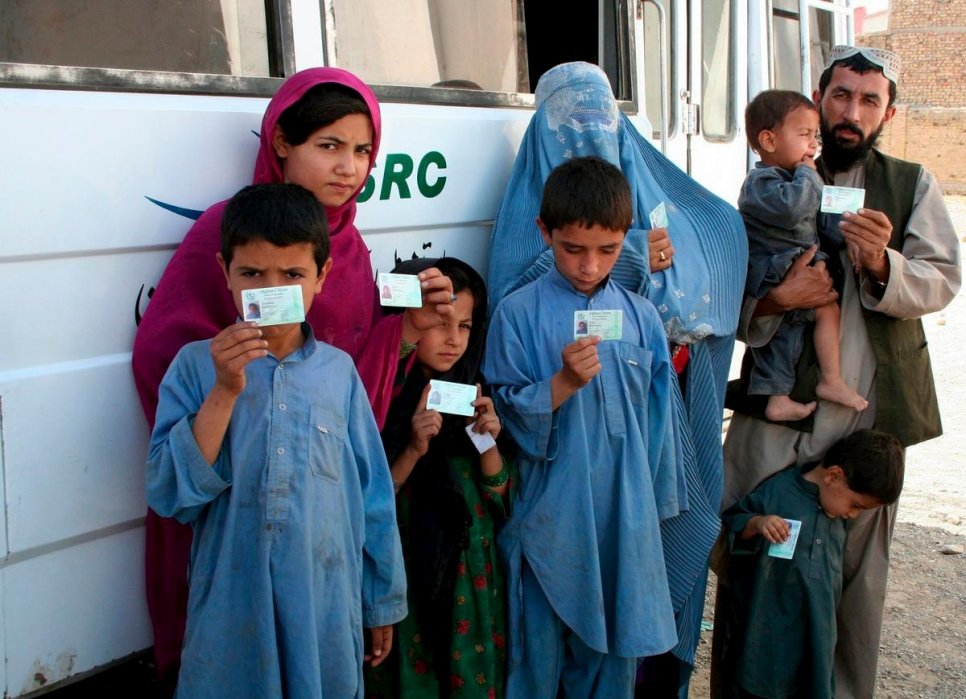Pakistan grants ‘interim’ extension of three months to 1.4 million Afghan refugees

Pakistan has extended the stay of nearly 1.4 million registered Afghan refugees by granting them three-month ‘interim’ extension till September 30, said a statement issued by the Pakistan government.
The decision was taken during a cabinet meeting chaired by caretaker Prime Minister Justice Nasirul Mulk. The ‘interim’ three month extension means the caretaker government in Islamabad has left it to the next elected government to take a final call on it. Pakistan goes to polls on July 25.
The cabinet took up an agenda item moved by the States and Frontier Regions (SAFRON) ministry, and after due deliberations gave interim approval for three-month extension to registered Afghan refugees in Pakistan, according to reports.
“The meeting discussed in detail the issue of extension in stay of the Afghan refugees. It was decided to grant an interim extension of three months to the registered refugees present in the country. It was further decided to place the matter before the incoming elected government,” said a statement released by Pakistani Prime Minister’s Office (PMO).
On January 31, the cabinet had approved a 60-day extension in the stay of registered Afghan refugees till March 31, following the visit of Afghanistan’s NDS chief Masoom Stanekzai and Interior Minister Wais Barmak to Pakistan on January 31.
Under a trilateral agreement signed between Afghanistan, United Nations High Commissioner for Refugees (UNHCR) and Pakistan, Proof of Registration (PoR) cards have been issued to Afghan refugees registered with the UNHCR. The PoR cards allow them to live in Pakistan for a fixed time period set by the government.
The UNHCR’s official data suggests that near 1.4 million registered Afghan refugees are still residing in Pakistan, besides almost 2.5 immigrants without PoR cards. Afghan refugees have allegedly suffered ill-treatment in Pakistan, especially following the Peshawar school attack.
Meanwhile, discussions have also taken place between Afghan and Iranian officials to facilitate voluntary repatriation of Afghan refugees staying in Iran. During his visit to Tehran last year, President Ashraf Ghani had stressed on the voluntary and phased repatriation of Afghan refugees from Iran.
Millions of Afghan refugees are scattered around the world, most of them having fled during the Soviet invasion of Afghanistan and during the Taliban regime. In June last year, UNHRC called on the international community to “redouble its engagement” with Afghanistan to help bring an end to the world’s largest protracted refugee situation.
According to a survey conducted jointly by the Afghanistan Research and Evaluation Unit (AREU) and the United Nations Refugee Agency (UNRA) in February last year, poverty, insecurity and unemployment continue to force Afghan youth to immigrate illegally in search of work.
